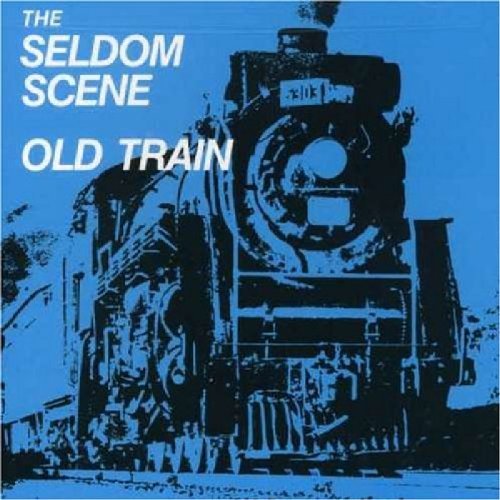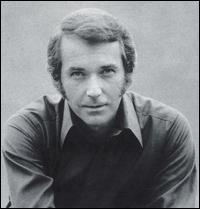|
How refreshing, in the dark of winter with snow on the ground, to see all that young talent at the Grammies.
My wife and I laughed at the great commercials, geared to a younger audience – not the remedies for old-age ailments we see on MSNBC. Different crowd. Guess the kids on the Grammies don’t have achy knees yet. I’ve lost all touch with current pop music – got enough Satie and Marley and McGarrigles stocked up to last my lifetime – but the performers were so accessible, so good, so attractive, that we watched right through to the tribute to performers who died in the past year. I knew about Dave Brubeck and Levon Helm. But there was a shock when I saw the name Mike Auldridge. It brought me back to the fall of 1972, when I was covering the award ceremony of the County Music Association in Nashville. (Had an interview with Loretta Lynn coming up.) I was staying in some chain motel east of I-65, and overnight some zealous promoter slid a couple of vinyl 33 1/3 albums right under my door. One of them was Old Train by a sensational fusion bluegrass group called the Seldom Scene. Another album was Mike Auldridge – Dobro. I never turn down anything free, so I stuck them in my luggage and played them when I got home. And I still play them today, particularly because of the dobro of Mike Auldridge on both albums, so thoughtful, spare, clear. The best track on Dobro is Rolling Fog, credited to Paul Craft and sung by Auldridge, who apparently did not do many solos. His mellow baritone is timeless -- as good as men like to think they sing in the shower. Find a place to creep in, underneath my door, Whisper to me, while I’m sleeping, Make yourself at home. Knowing that the Seldom Scene was based in Alexandria, Va., I always figured I'd be in DC and notice they were playing in some club, but it never happened. I did interview John Duffey and Dr. John Starling, a surgeon and soloist, on the phone for the Times before their gigs in the New York area, but I never caught them. Why? I’ve been singing along with the Seldom Scene for a long time, courtesy of my turntable that fascinates my grandchildren no end. I missed the obituary for Mike Auldridge in the Times on Dec. 31 but vinyl is coming back, and I just played Rolling Fog on a damp gray Monday morning. Thanks to the Grammies for letting me know about Mike Auldridge. 2/12/2013 04:25:38 am
Your vinyl comment caught the attention of my readers. Yes it's making a big comeback especially among young people brought up on MP3s. Hearing vinyl for them is like seeing HDTV for the first time. I wrote this vinyl story for The New York Times back in 1998: http://www.nytimes.com/1998/05/07/technology/downtime-fans-flock-to-vinyl-in-the-era-of-cd-s.html
George Vecsey
2/12/2013 06:05:28 am
Thanks so much for the comment. I know your byline and have subconsciously followed your wisdom in not chucking out my vinyls. My father-in-law gave me his collection of jazz, etc., when he passed -- Brubeck, Byrd, Coltrane, plus the original Victory at Sea, which is gorgeous coming off the vinyl and my modest speakers. Not sure if the affection for vinyl is real or placebo effect, but I am convinced the sound is better than what comes out of Mr. Jobs' latest doo-dad. Thanks for finding my piece. GV 2/15/2013 05:59:06 am
George 4/3/2014 09:34:37 pm
Nice try but you could have spared those bytes from the indignity of being sent around the internet. Grow up!! Congratulations and thank you, Mike Auldridge, as those words of yours are the last I will ever read, and you have therefore saved me quite a bit of future time. Strategically, it might make logical sense, but trust is not engendered by announcing Mike Auldridge Made the Grammies. Thanks to the Grammies have a lot in common with Marie Antoinette in their "Let them eat cake" attitude. 4/29/2014 11:03:37 pm
I'm now not sure the place you are getting your information, but good topic. I must spend a while finding out more or understanding more. Thank you for fantastic information I used to be searching for this info for my mission. 9/4/2015 04:22:10 am
10/7/2015 03:28:22 am
Thanks very much for your great contribution useful contents and information. Comments are closed.
|
Categories
All
|











